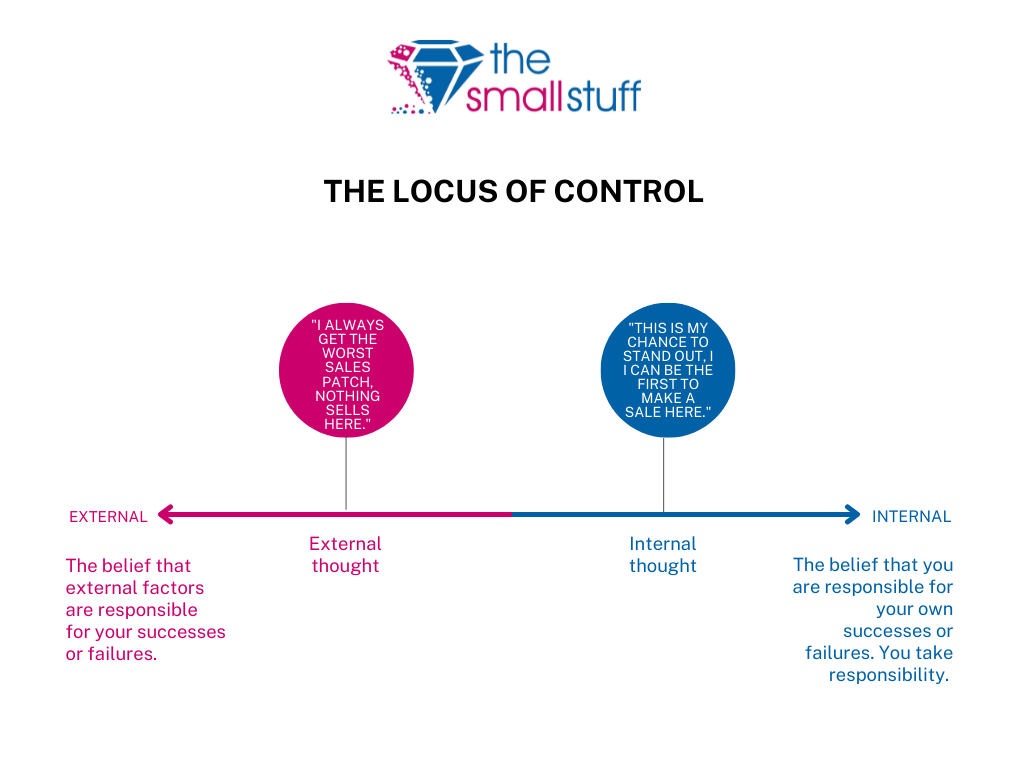Do you ever feel like you’re not in control of your life? Like you’re just along for the ride, and whatever happens, happens? If so, you may have a stronger external locus of control. This means that you tend to believe that factors beyond your control are responsible for what happens in your life.
While it’s healthy to acknowledge that we can’t control everything, an external locus of control can lead to a feeling of powerlessness. And when we feel powerless, we’re less likely to take action to improve our lives. You see, having an external locus of control is very much like having the “victim” mentality (Mills et al 2018). The person who possesses the victim mentality believes everything is simply happening to them instead of for them.
An indication of having an external locus of control is the belief or feeling as if the world is out to get you.
Of course, it is important to be aware of the role that external factors can play in our lives. However, it is also vital to remember that we always have some degree of control. That feeling of being powerless is one of the worst emotions to experience. Every person wants to feel a sense of control, and when it comes to something as important as your career, that feeling is what fills us with the confidence and drive to succeed and keep striving for more.
Now, don’t get me wrong. Sometimes in your career you may put too much stress onto yourself to perform at a high standard. Looking for external reasons as to why you have not lived up to your own expectations, may bring you a feeling of comfort and a reduction of self-blame. Just always try to be self-aware of your thought patterns. Blaming others for your short comings is never the answer!






Comments
Add a comment